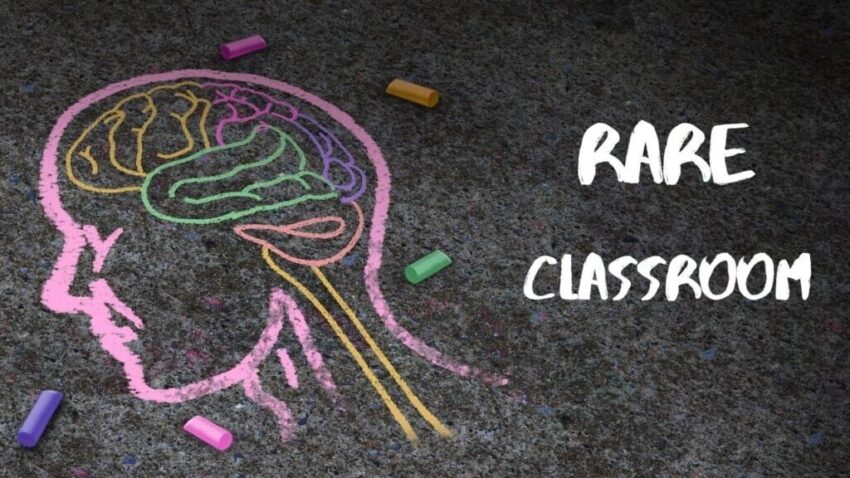Welcome to the Rare Classroom, a new series from Patient Worthy. Rare Classroom is designed for the curious reader who wants to get informed on some of the rarest, most mysterious diseases and conditions. There are thousands of rare diseases out there, but only a very small number of them have viable treatments and regularly make the news. This series is an opportunity to learn the basics about some of the diseases that almost no one hears much about or that we otherwise haven’t been able to report on very often.
Eyes front and ears open. Class is now in session.
The rare disease that we will be learning about today is:
Transient Global Amnesia
What is Transient Global Amnesia?
- Transient global amnesia is an uncommon neurological disorder which is characterized by episodes of nearly complete short term memory loss, along with difficulties accessing long term memory as well
- These episodes typically last from two to eight hours
- During an episode, patients can only recall the last few moments of consciousness
How Do You Get It?
- The cause of transient global amnesia remains unknown. Possible theories include issues with blood circulation or epilepsy
- Potential risk factors include old age, use of statins (unconfirmed), and a history of migraine headaches
- Individual episodes of transient global amnesia are often linked to some sort of precipitating event, such as intense physical activity, sudden temperature changes (such as swimming in cold water), or an emotionally traumatic event
- These events may take place days or even weeks earlier
- Precipitating events may be present in up to 80 percent of episodes
- Conditions like transient global amnesia have also been linked to the aftermath of certain illnesses or medical procedures.
- The disease is most common between 56-75 years old
What Are The Symptoms?
- The sole symptom is episodes of almost complete short term memory loss
- Someone experiencing an episode of transient global amnesia may ask the same question or make the same comment repeatedly with identical intonation, expression, and movement
- With episodes lasting from 2 to 8 hours, patients do not display any other signs of cognitive impairment, retaining complex learned behaviors and perceptual abilities
- Patients may still recall some deeply imbedded facts about their lives
- After the end of an episode, patients are able to form new short term memories again
- Though appearing mostly normal, a person experiencing an attack is in fact highly disoriented and anxiety, fear, and elevated emotional states are common
- Patients appear to have some degree of awareness that something’s “not right”
- However, following an attack, the patient may have no recollection of the episode or of the first few hours prior
How Is It Treated?
- There is no real treatment approach for transient global amnesia aside from reassuring the patient following the episode
- Annual recurrence is only about six percent
- MRI scans suggest brain abnormalities following transient global amnesia, such as cavities in the hippocampus. Some patients display cognitive and verbal impairments for days following an episode. Another study suggests that up to a third of people experience signs of mild cognitive impairment following transient global amnesia.
Where Can I Learn More???
- Learn more about this disease from the National Organization for Rare Disorders.
- Check out our cornerstone on this disease here.







